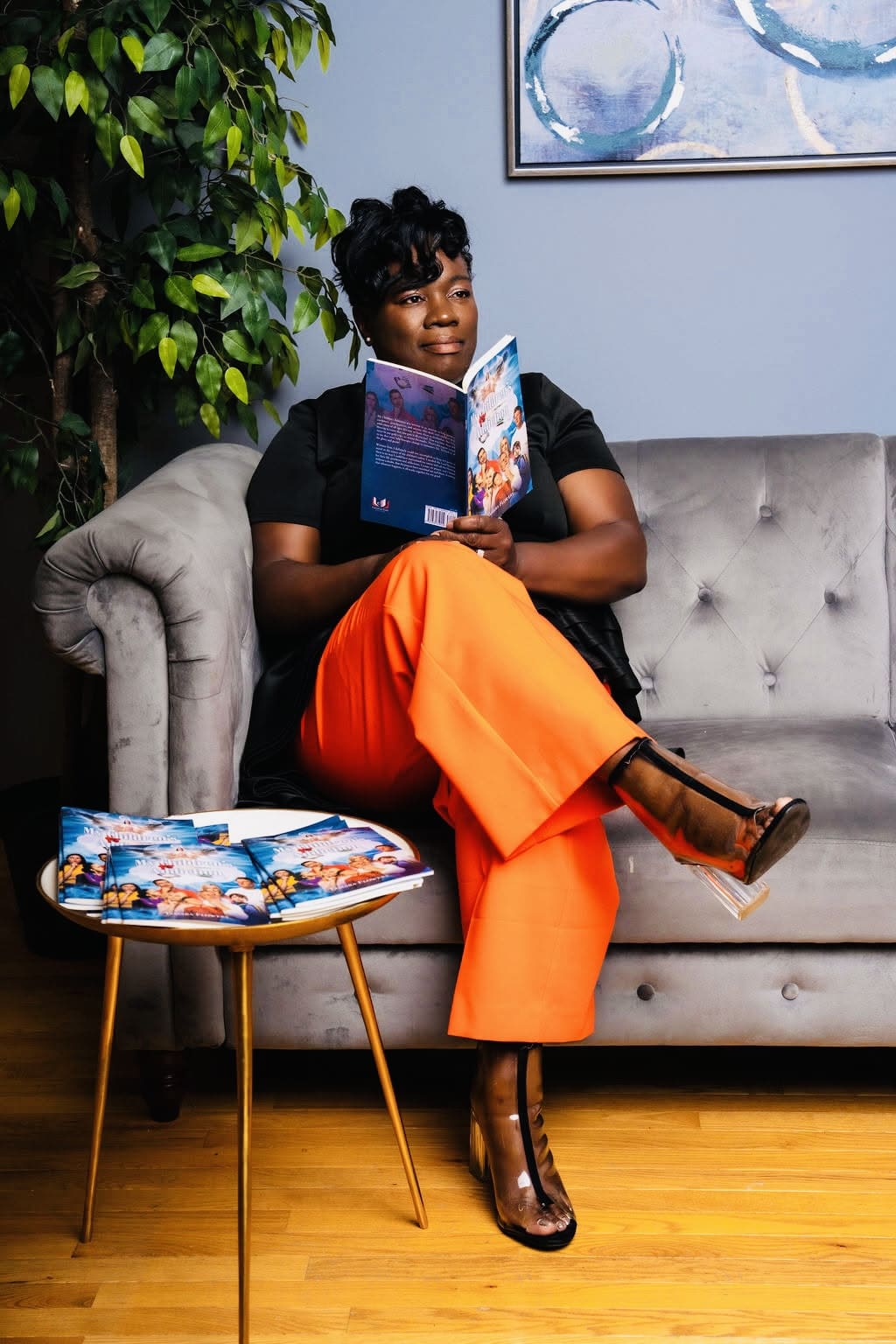In the past 6 months, I have been asked, “Are you staying out of trouble?” at least 6 times. I can usually respond right there but this time I could not. I was in a new place and with new people and most of them did not look like me.
It has always been a white male and usually comes with some seriousness and pursed lips when I am asked that question. I have not been arrested and the police are not looking for me. I tried to shake it off but it just would not leave me.
I decided to write a letter to this person and I wanted to share it with you.
The name has been changed.
Dear Harper,
I hope this letter finds you in good health and spirits. I am writing to express my concerns about a recent interaction that occurred in our shared space, which I believe warrants attention and reflection.
During a recent gathering, you asked me, a Black woman, if I was “staying out of trouble.” This comment, particularly in a public setting, is not only inconsiderate but also carries a weight of historical and social implications that cannot be overlooked. I do not believe that I have had one conversation with you and I have decided when this type of behavior arises that I must express my concern. First, I originally thought you were someone else because I had not seen you in so long.
The phrase “staying out of trouble” might seem innocuous or even playful to some. However, it’s essential to recognize the context and connotations it holds, especially when directed towards a Black woman. This kind of remark perpetuates a stereotype that Black individuals need to be monitored or are predisposed to misbehavior or chicanery, which is not only untrue but deeply offensive, disrespectful, and hurtful.
Moreover, this type of language, especially coming from a position of privilege as a white male, reinforces systemic inequalities and biases that we, as a society, are striving to overcome. It subtly undermines the dignity and the everyday struggles of people who are marginalized, particularly Black women who have historically faced both sexual, racial, and gender-based discrimination.
It is important to understand that fighting for one’s rights and standing up for oneself and others is not “trouble” but a commendable act of courage and resilience. The historical trauma that Black women may have to face in public for standing up for themselves is well documented. Our lives are not just a ticket to any of the nationwide Dr. Martin Luther King Jr. dinners. Ask yourself, why did you find it necessary to say that in front of one of the most powerful men in our town? And you asked me the same question twice. Hello, would have sufficed or better yet you should have ignored me. I thought was I being assertive or aggressive? No, I just said hello and that I had not seen you in a while. What might seem like a simple comment can have profound effects on an individual’s sense of belonging and respect in a shared environment?
I urge you to consider reflecting on the impact of your words and to consider the broader context in which they are spoken. Our goal should be to create a space where everyone feels valued, respected, and free from stereotypical assumptions or prejudices.
Thank you for taking the time to read this letter. I am hopeful that this can be a learning opportunity for us all to become more aware of our language and its effects on those around us.
Cordially,
Rina Risper
At its core, “raggedy” signifies something that has lived, endured, and survived. It represents the raw, unfiltered essence of life and its many experiences. In an age where perfection is often sought after, “raggedy” stands as a testament to authenticity. Log on to www.raggedyriri.us to read more in our blog section. We are building as we go.
#raggedyriri #tncpnews #tncpcan #lovepeople




